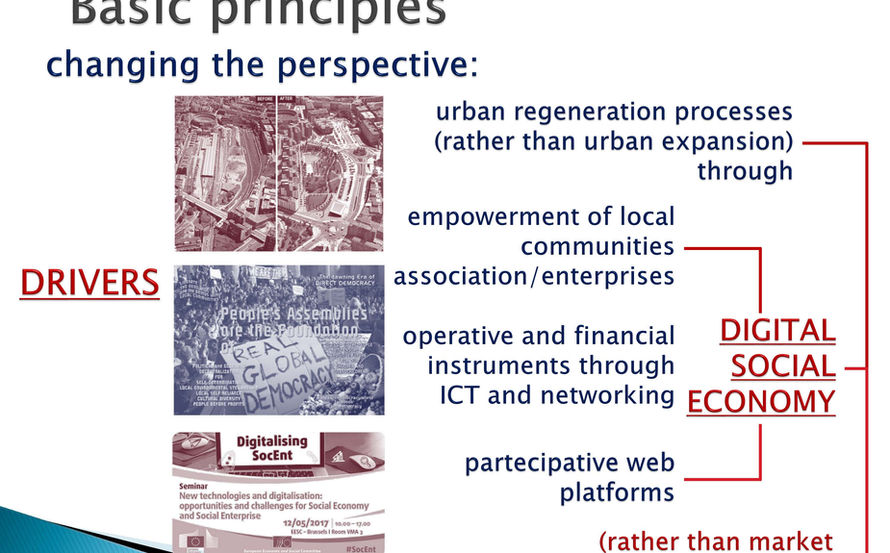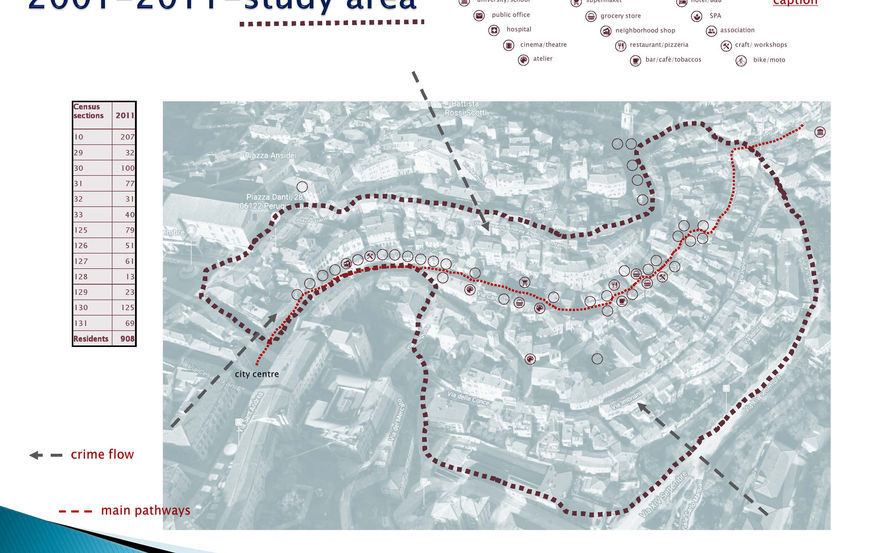ICEE 2018
SUSTAINABLE SYSTEMIC URBAN PLANNING: PRINCIPLES AND TRENDS
The crisis of the urban environment is a systemic one, and it is due to a joint action of socio-cultural, politic, economic, physic and ecologic factors. It is also related to the progressive decay of communitarian sense and policy representativeness as generative factors of the city; to his economic bases transformation; to decentralization processes and loss of public spaces; to his increasing dimension and speculative land annuity phenomena; to his unsustainable energy needs and environmental impacts. Therefore, this crisis is summarizable as a systemical and sustainability one. But the crisis of the city is also due to the inadequacy of urban planning: the poor comprehension of city systemic nature and poor presence of sustainability measures, the formal rigidity of the top-down processes unable to manage the bottom-up self-organized transformations, lead to a lack of operability of its instruments. As a consequence the perspectives of the study of the city have to be shifted from the urban structures to the related processes; from the urban components to the whole environment; from the juxtaposition of objects to social and cultural interactions. The most interesting trends in this direction seem to move toward urban regeneration processes through Digital Social Economy that, together with the use of Social Web Platforms, could make more publicly visible, shared and effectively participative the planning processes allowing a real involvement of citizens and communities. Aims of this study is to summarily describe these trends toward systemic urban planning processes, through the analysis of literature and examples, in light of a possible sustainable future of the human environmental system definable as city.
© by francesco masciarelli architetto
























